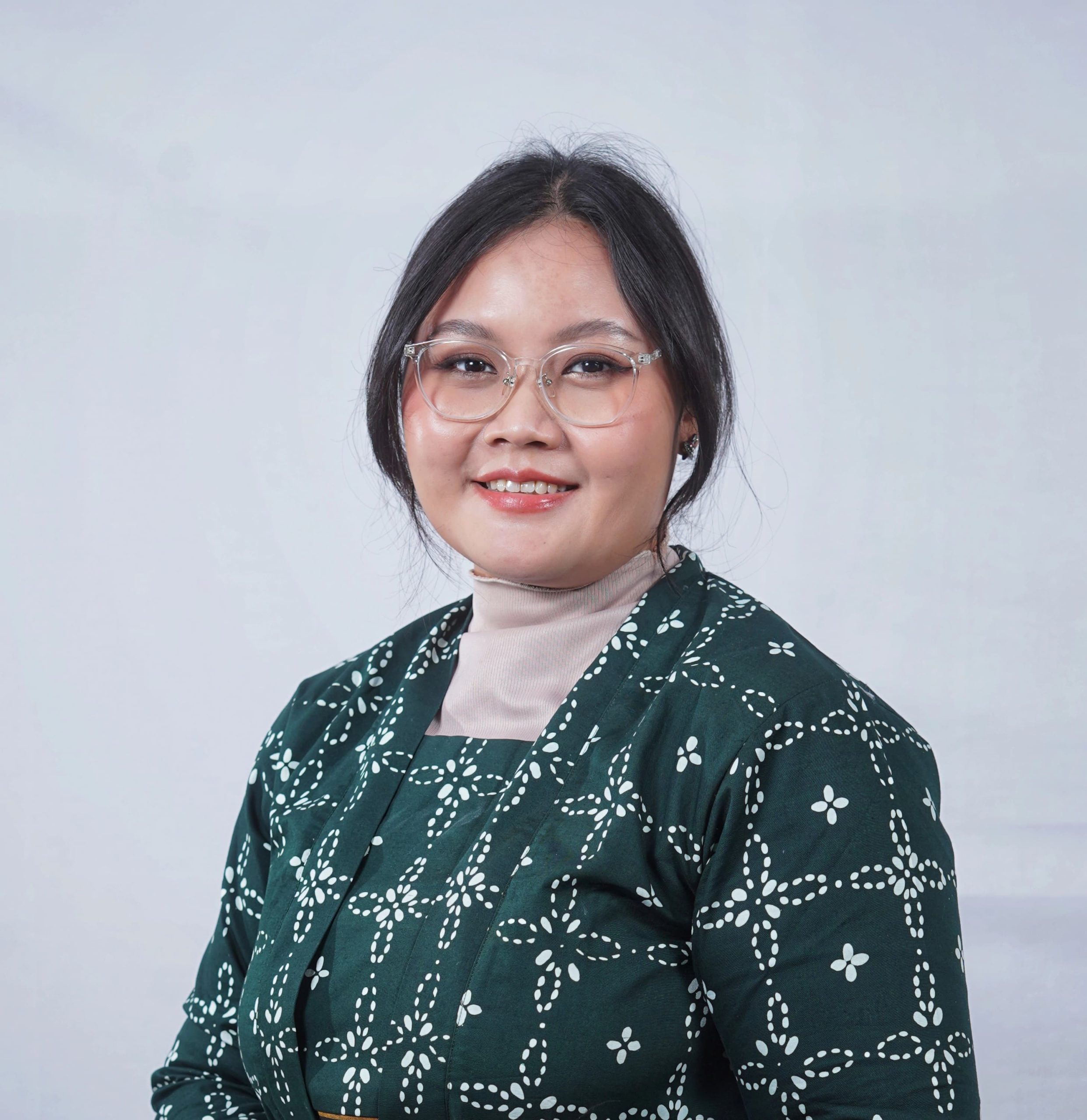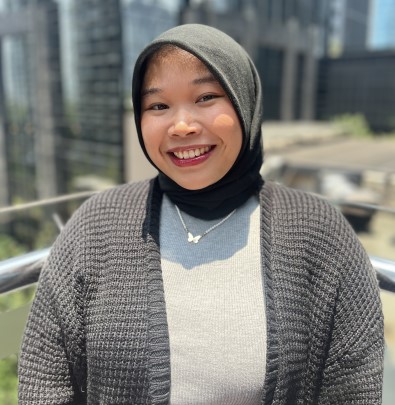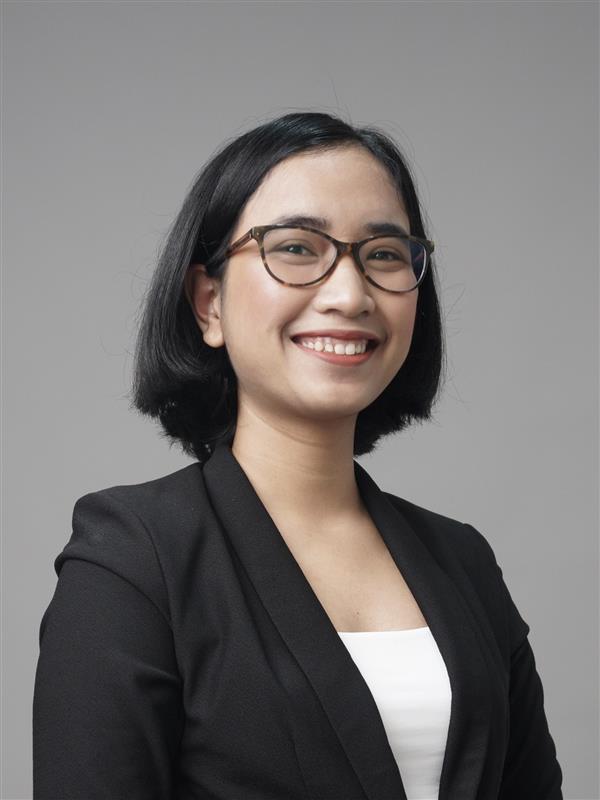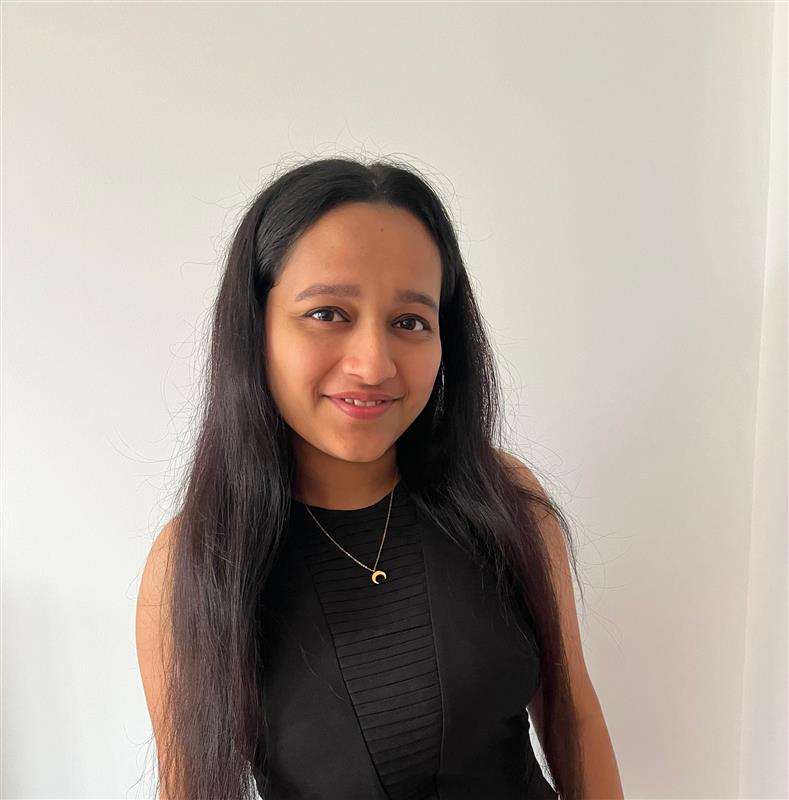Strengthening women’s financial inclusion: Indonesia’s policy note for the G20 Empowerment of Women Working Group (EWWG)
 by Putu Monica Christy, Azaria Ekaputri, Genoveva Alicia K S Maya, Neha Bhakar and Vaishnavi Harish Mungale
by Putu Monica Christy, Azaria Ekaputri, Genoveva Alicia K S Maya, Neha Bhakar and Vaishnavi Harish Mungale Oct 27, 2025
Oct 27, 2025 2 min
2 min
Indonesia has achieved near gender parity in financial access, with 80% of men and women now using formal financial services. However, gaps in financial literacy, especially among informal workers and homemakers, persist. To address this, the Ministry of Women’s Empowerment and Child Protection (MoWECP) and MicroSave Consulting (MSC) developed a policy note on women’s financial inclusion to guide Indonesia’s role in the G20 2025 Summit.
Indonesia continues to advance financial inclusion at a steady pace. The 2025 National Survey on Financial Literacy and Inclusion (SNLIK) reports that 80% of men and women now have access to formal financial services. This indicates a positive parity in financial access. However, this surface-level equality conceals structural disparities. Financial literacy, according to the SNLIK, remains comparatively low, with women’s literacy at 65% versus 67% for men. These numbers are even lower among informal workers and homemakers and range between 49% and 63%.
The G20 Empowerment of Women Working Group recognizes gender gaps in financial inclusion as a key concern, and the topic has now gained prominence in the broader G20 agenda. Indonesia’s Ministry of Women’s Empowerment and Child Protection (MoWECP) sought to support the Government of Indonesia’s meaningful participation in this dialogue. The MoWECP appointed MSC (MicroSave Consulting) to develop a policy note on women’s financial inclusion. The note will guide Indonesia’s delegation at the upcoming G20 2025 Summit in South Africa and inform evidence-based discussions to strengthen women’s financial health and well-being worldwide.
The 2024 G20 Summit in Brazil introduced financial health and well-being as key global priorities. This marked a shift from access-focused metrics toward outcome-driven indicators that reflect individuals’ ability to manage financial stress, build resilience, and achieve long-term stability. This policy note presents evidence-based recommendations that go beyond access and usage in alignment with the agenda. It focuses on outcomes that enhance women’s financial health and well-being.
The policy note is structured around four interconnected pillars:
- Access to suitable financial products and services, which focus on the development of gender-intentional financial products and services;
- Financial literacy and capability that enable behavioral changes for long-term financial health and resilience;
- Digital and FinTech inclusion through inclusive and interoperable digital public infrastructure; and
- Gender-intentional policy, regulation, and institutional strengthening through public–private partnerships.
The development process involved several stages, which included an extensive desk review, analysis of G20 members’ initiatives and policy priorities, and identification of international good practices. The paper underwent peer review by development partners such as the UN Secretary-General’s Special Advocate (UN-SGSA), J-PAL Southeast Asia, and Women’s World Banking. It was further refined through consultations with key Indonesian stakeholders, such as the MoWECP, the Ministry of National Development Planning (BAPPENAS), the Bank of Indonesia, the Financial Service Authority (OJK), the National Islamic Finance Committee, Women20, Business20, and G20 EMPOWER representatives.
The final policy note provides strategic recommendations to strengthen women’s financial inclusion and financial health in Indonesia. It also highlights potential areas for collaboration through the G20 platform. MSC reaffirms its commitment to support the Government of Indonesia through this initiative in its efforts to advance inclusive financial systems that empower women and contribute to sustainable economic growth.
Link to the policy note document in English: Policy Note G20
Written by

Putu Monica Christy
Senior Manager
Azaria Ekaputri
Assistant Manager
Genoveva Alicia K S Maya
Assistant Manager
Neha Bhakar
Assistant Manager
Leave comments